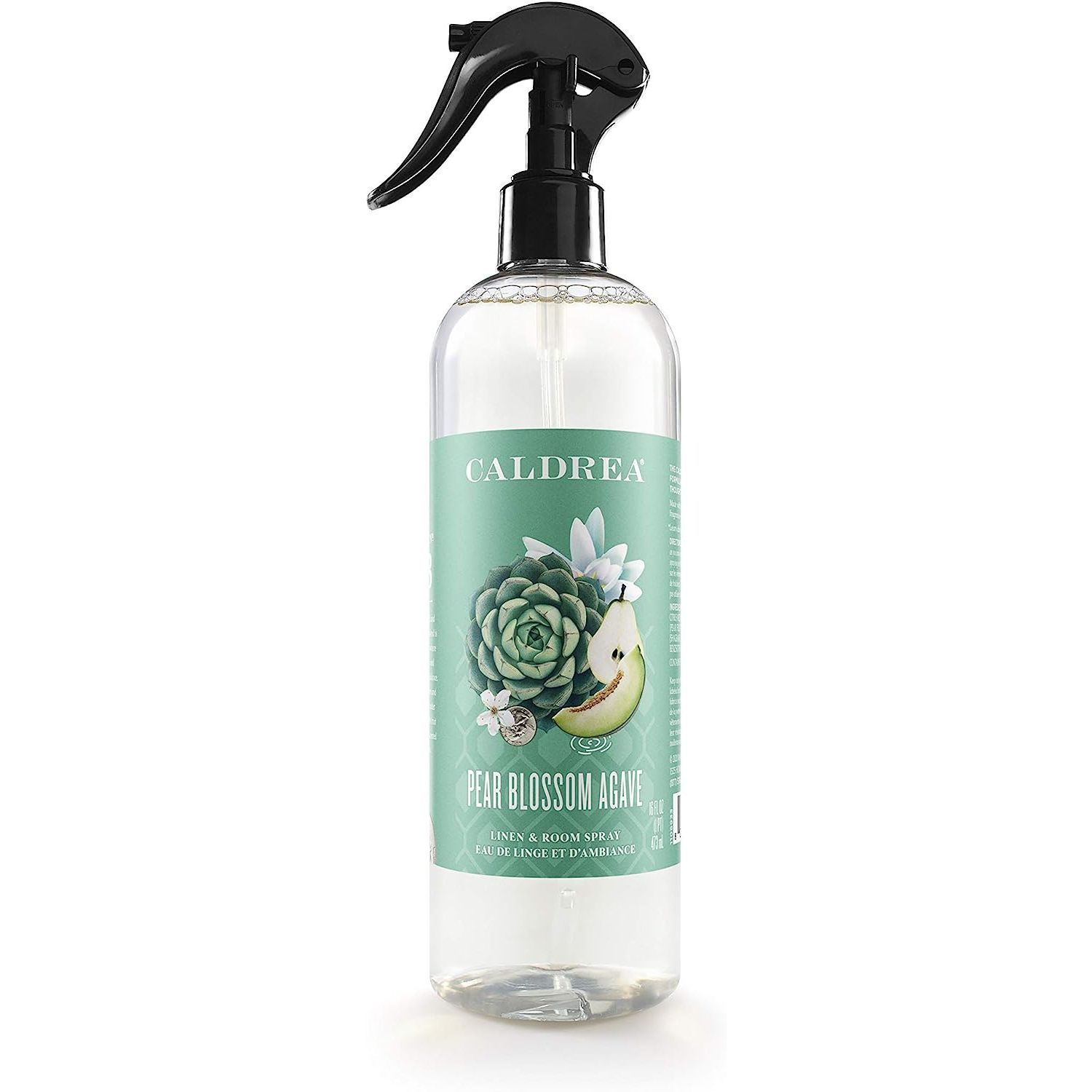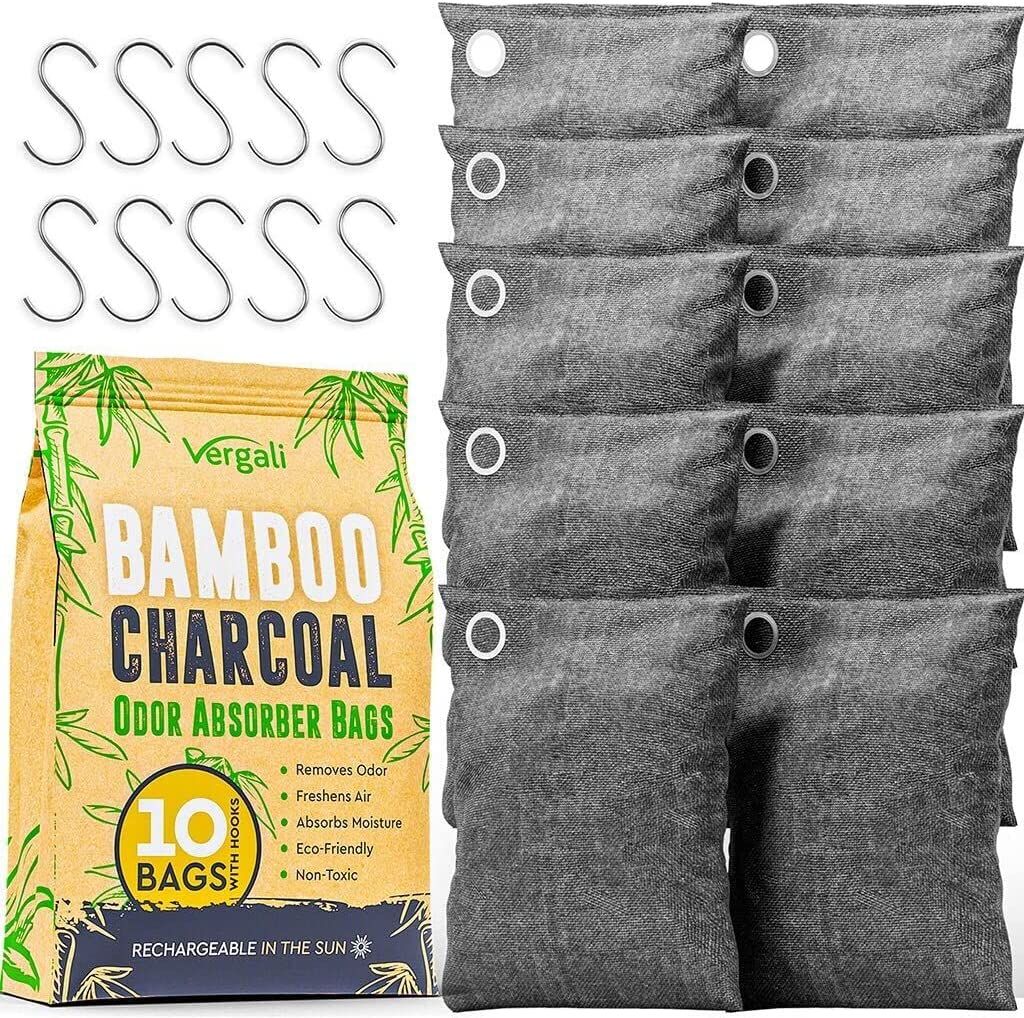6 Things That People with Amazing-Smelling Kitchens Never Do — 'Avoid These for Lasting Freshness!'
For a kitchen that's free from nasty smells, small maintenance tasks can go a long way


When it comes to the kitchen, a sweet-smelling space is a distant reality for most of us. While we'd all like to be greeted with the gentle waft of freshly baked bread or the delightful aroma of clean laundry every time we step foot in the kitchen, that's far from easy in a culinary space that's used for its intended purpose (unless, of course, you are indeed baking your own bread each morning!)
Something that is more attainable, however, is a kitchen that smells fresh and clean. We're not talking about masking greasy smells or the stench of onions with artificial air fresheners or powerful chemical cleaners - as any expert will tell you, a kitchen that smells amazing is more to do with banishing the bad habits we have that contribute to those nasty odors.
If you want to make your home smell amazing, starting in the kitchen is a great idea. To find out how you can avoid lingering bad smells in your space, here are six things people with amazing-smelling kitchens never do which helps them achieve lasting freshness all day long.
1. Neglect the trash can

How many times have you watched your kitchen trash can fill to the brim and start spilling over the sides before you commit to taking it out? Unsurprisingly, a full can of trash is going to kick up a stench, but it's an element of the kitchen we often overlook. If foul odors are proving a problem, you might want to start taking the trash our more frequently. As Muffetta Krueger of Muffetta Domestic Assistants explains: 'Regularly emptying and cleaning the trash bin prevents the build-up of food waste and helps maintain a fresh-smelling kitchen.'
The same goes for cleaning the inside of the bin itself, too. 'For obvious reasons, your trash can is going to harbor bacteria and smell terribly even if you take out the trash every day,' says Alessandro Gazzo, professional cleaner at Emily's Maids. 'Once a week you should rinse your trash can. Depending on the material you can use water and white vinegar or apple cider vinegar (stainless steel) or bleach (plastic). Our pro tip is to buy a silicone toilet brush and keep it just for your trash can.'
2. Harbor old cloths and sponges
There's no need to hang-on to dirty dish cloths and sponges when they can easily be replaced or thrown in the wash. Holding on to them for longer than necessary is sure to contribute to horrid smells (as well as a dirtier environment). 'Sponges absorb water and organics (food) which is the environment that bacteria needs to grow,' notes Alessandro. 'Thoroughly wash your sponges with hot water after each use and replace them at least once a month.'
The same goes for laundering dish towels, too. We're sure you wouldn't, but don't leave the same dirty dish towels to fester for on your counter for weeks. One of the things people with nice smelling kitchens do is wash them every few das. 'With kitchen towels, I think I’d go for simple, thin ones to allow them to dry faster,' adds Alessandro. 'The thick, dense microfiber towels are much better in terms of quality but they do take longer to dry completely.'
3. Cook without the fan

Besides being convivial places for the family to gather, kitchens are - first and foremost - spaces designed for cooking. Of course, the problem lies in the fact that frying greasy foods (and even steaming your veg) will quickly make your kitchen smell not so pleasant, especially if you don't switch on the extractor fan.
'People with fresh-smelling kitchens never cook without using the exhaust fan or opening a window,' says Jessica Samson, cleaning expert at The Maids. 'What happens when you cook food is it might smell good at first, but later it leaves a terrible odor that is hard to get rid of later on. Always use the exhaust fan above your oven/stove to help ventilate the kitchen and keep it smelling fresh.' This is especially important in small kitchens where there's less airflow.
Alessandro also adds that it's important to keep an eye on whether your extraction fan is in good condition. 'If it’s not working properly, you'll need to either clean it or replace the filters,' she says.
4. Forget to ventilate
On a similar note, it's vital that you ventilate your kitchen frequently by opening the windows. Make sure you open at least one kitchen window each morning to freshen up your space, and try to open another window on the opposite side of the room or home to help the air circulate.
'If you live in areas with high humidity, such as Dallas, and you need to keep windows closed because of the weather, this certainly doesn’t help having a nice-smelling kitchen,' Alessandro points out. 'In these cases, you can get a small dehumidifier which is pretty cheap and the humidity will be back to normal.'
5. Ignore the fridge

One of the worst habits all of us have is leaving food to fester in the fridge for too long. It's easy to forget about those lost wedges of cheese or withered leaves at the very back, but committing to some proper fridge organization is key if you want your space to smell fresh and clean.
'Neglecting the cleanliness of the refrigerator can contribute to unwanted smells,' Muffetta says. 'Expired food, spills, and lingering odors from various items can impact the overall freshness so regularly clean out expired items, wipe down surfaces, and use baking soda to absorb odors.'
6. Skimp the sink
Last but not least, don't skimp the sink. You might think that washing up with hot soapy water several times a day is enough to keep it clean, but you'd be wrong. Kitchen sinks are one of the worst places for bacteria, so make sure you're cleaning around it every day, with a deep clean at least once a week.
This is even more important if you have a garbage disposal. 'If any food is left in your sink and is not being disposed of properly, this can lead to a terrible odor,' Jessica notes. 'There are many products that can help clean your disposal and leave it smelling fresh.' One of the easiest (and cheapest) methods is to use half a cup of baking soda. This can be followed by a cup of vinegar an hour later and voila - you'll have a fresh garbage disposal that no longer kicks up a stink!
Be The First To Know
The Livingetc newsletter is your shortcut to the now and the next in home design. Subscribe today to receive a stunning free 200-page book of the best homes from around the world.

Lilith Hudson is the News Editor at Livingetc, and an expert at decoding trends and reporting on them as they happen. Writing news, features, and explainers for our digital platform, she's the go-to person for all the latest micro-trends, interior hacks, and color inspiration you need in your home. Lilith discovered a love for lifestyle journalism during her BA in English and Philosophy at the University of Nottingham where she spent more time writing for her student magazine than she did studying. After graduating, she decided to take things a step further and now holds an MA in Magazine Journalism from City, University of London, with previous experience at the Saturday Times Magazine, Evening Standard, DJ Mag, and The Simple Things Magazine. At weekends you'll find her renovating a tiny one-up, one-down annex next to her Dad's holiday cottage in the Derbyshire dales where she applies all the latest design ideas she's picked up through the week.
-
 This East Village Loft Captures the "Urban Aunt" Aesthetic — This is How to do Apartment Living in 2024
This East Village Loft Captures the "Urban Aunt" Aesthetic — This is How to do Apartment Living in 2024The Urban Aunt aesthetic is gaining traction across our socials, and this NYC loft is the perfect example of the trend in action
By Oonagh Turner Published
-
 "It's a Total Trove If You Know How To Shop" — The Best Amazon Lighting Found by Our Style Editor
"It's a Total Trove If You Know How To Shop" — The Best Amazon Lighting Found by Our Style EditorShop the best Amazon lighting options, from pendants and flush mounts to table and floor lamps. Whatever your style, there's something here for you
By Brigid Kennedy Published




